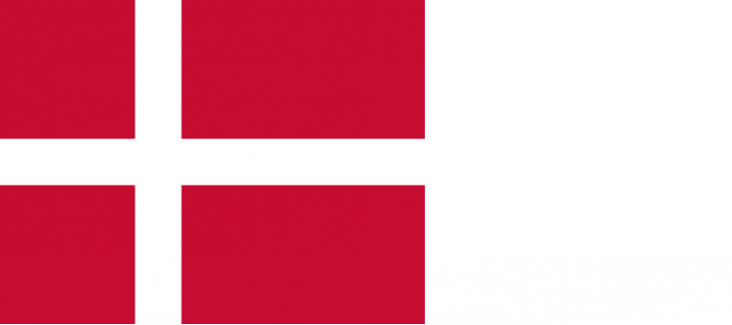The Danish referendum was the seventh popular vote on an EU issue. In the last five decades voters had the option to decide on these issues: 1972 on accession to the then European Community (yes), 1986 on the participation in the common market (yes), 1992 and 1993 on the accession to the new European Union (no, yes), 1998 on ratifying the Amsterdam Treaty (yes) and on joining the Eurozone in 2000 (no).
“Denmark is good example how to harmonize nationwide forms of direct democracy with participating in a transnational political community like the EU”, underlines Bruno Kaufmann, a Swedish political scientist and board member of Democracy International”. As a result, the Danish with other electorates across Europe, are much more knowleadhable than other citizens on European issues as they have been actively involved in the EU decision-making process”. Kaufmann refers to a study by Matthias Benz and Alois Stutzer (published in Public Choice #119), which offers the evidence that citizens in countries like Denmark, Switzerland and Ireland are the best informed ones.
The Danish referendum on the Patent Court was the 57th popular vote on an EU issue across Europe since 1972. In the campaigns up to the EU election – the second biggest electoral event in history after the just concluded elections in India – several party groups had underlined the need of introducing transnational EU referendums. This would complement the recently introduced agenda-setting right to conduct European Citizens' Initiatives. ”Europe needs definitely more participatory and direct democracy”, states Bruno Kaufmann on behalf of Democracy International, the global coalition for democracy that unites democracy activists from across the world.
The Unified Patent Court is expected to enter into force in early 2015, once 13 of all participating countries ratified the Agreement on a Unified Patent Court, which can be joined by non-EU countries also. France, Germany and the United Kingdom – the countries where most European patents are registered – must be among the 13 ratifying countries. The purpose of the court is to hear cases regarding infringement and revocation proceedings of European patents and, in doing so, to eliminate the need for separate litigation of infringement of European patents.

